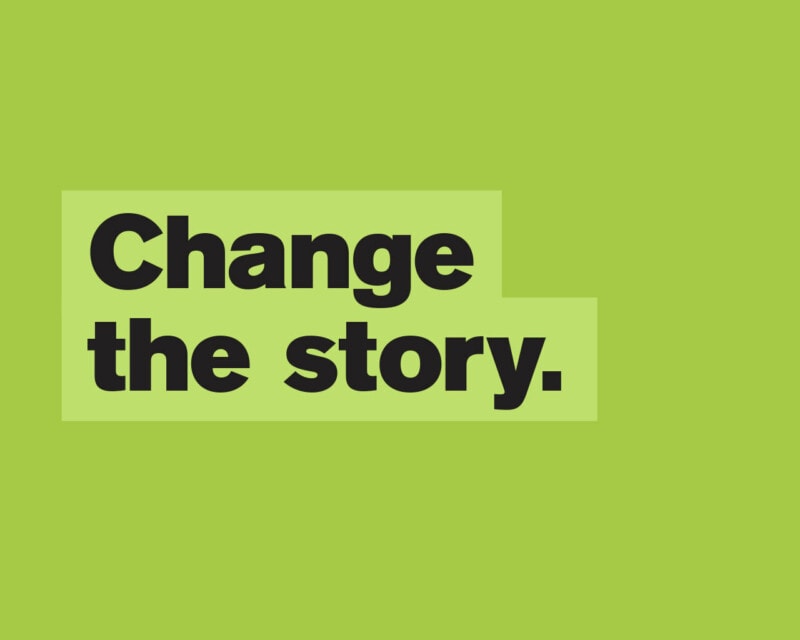What are gender stereotypes in relation to violence against women?


Gender stereotypes are beliefs and assumptions about the characteristics that are considered innate or appropriate for women and men, girls and boys.
Gender stereotyping is when we apply and reinforce these assumptions.
Change the story outlines that gender stereotypes and dominant forms of masculinity are one of the key drivers of violence against women.
Gender stereotypes influence how we act at individual level, how we raise our children and how we relate to others. Stereotypes also inform broader societal norms and can result in punishment for women, men and children when they don’t conform to expected gender roles.
For example, stereotypes about women as naturally nurturing and men as naturally rational underpin our views about women’s caring responsibilities, and men’s leadership.
This can translate into men being overrepresented in positions of power that are highly paid and valued, and women performing the bulk of unpaid domestic labour and concentrated in poorly paid caring professions that are less valued.
Global evidence shows that levels of men’s violence against women are higher in societies, communities and relationships where there are more rigid distinctions between the roles of men and women, and between more stereotypical notions of the ‘ideal’ man or woman, and where dominant forms of masculinities are rigidly adhered to.
To prevent violence against women, we need to address the underlying drivers, and change the wider social context in which it occurs.
Change the story describes how we need to build new social norms that foster personal identities not constrained by rigid gender stereotypes. This involves challenging beliefs about how men and women should behave – and what they’re capable of – as well as challenging the ways these beliefs are upheld through social practices.
Actions to address gender stereotypes can include:
social marketing campaigns about why gender stereotyping is limiting
programs that work with young people to challenge rigid gender roles and identities for women, men and people of other genders
supporting men and women to contribute equally to parenting and at-home duties
developing positive ways to engage men and boys in prevention and gender equality initiatives.
Our Watch delivers The Line campaign that aims to help young people have healthy and respectful relationships. The campaign is targeted at young people and delivered through social media. For parents, carers and teachers, you can read more about gender stereotypes and young people here.

4 resources in this collection
Change the story publications and videos outline the actions needed to address the underlying drivers of violence against women.

Find out more about the gendered drivers of violence against women and reinforcing factors.